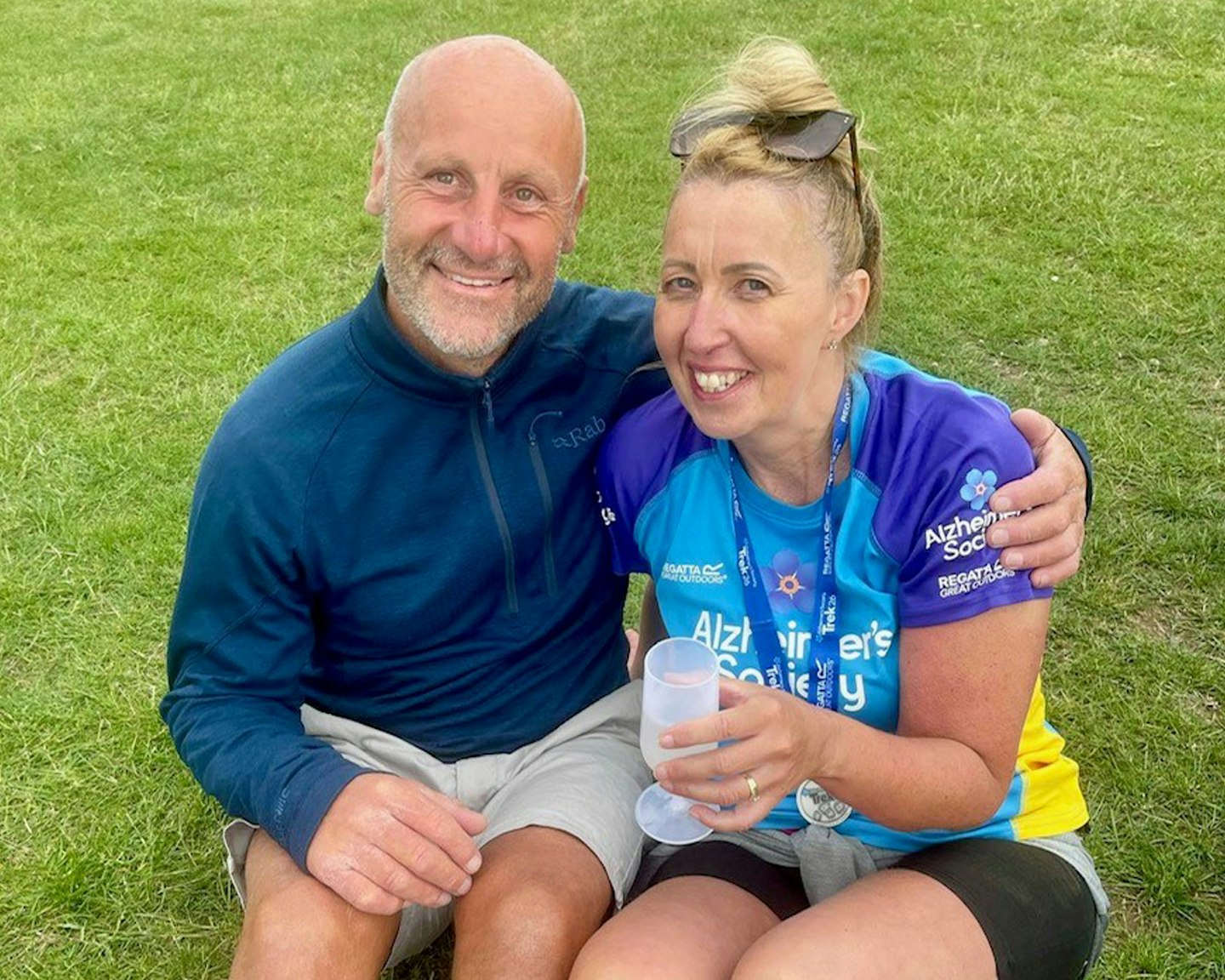When Natasha Young’s fit and healthy husband Gary was diagnosed with Alzheimer’s disease in 2022, aged just 51, she says it hit their family ‘like a ton of bricks.’
Natasha, 49, reduced her hours as a teacher to care for Gary, while raising their two youngest children, aged 10 and 13. And she’s far from alone: new ONS data shows that 10% of women in England and Wales are providing unpaid care, which is nearly 3m in total. Known as the ‘triple burden’, which also includes work and childcare, the responsibility can take a debilitating physical, financial, and emotional toll.
'The only me-time I get is having a bath once Gary is asleep,’ says Natasha. ‘That’s when I lock the door and have a cry. I’ve got some lovely friends, but they don’t know what we’re living through. It’s a very lonely journey that we’re on.’

Being an unpaid carer can also have a significant financial impact. According to a study by Alzheimer’s Society, soaring dementia care costs in the UK have reached £42 billion a year, with families shouldering 63% of the costs.
Natasha says the financial impact of Gary’s diagnosis has been ‘devastating.’ ‘We went from two incomes to one, and my salary has gone down massively since reducing my hours,’ she says.
Hayley O’Rourke, 38, is a carer to her dad Tony, who has dementia. She has two children and three stepchildren. Tony moved in with the family nine years ago following the breakdown of his marriage and was diagnosed with dementia in March 2023. ‘Nobody prepares you for the personality change. I don’t know my dad anymore,’ she says.
‘I thought dementia just affected people’s memory but for my dad, it has really changed his personality. There are days when the old him comes through but then others when it’s like I’m an annoyance to him.’
Although she knows it’s not his fault, it’s been very hard to process just how much their relationship has changed. ‘My dad went from being a proud man who would do anything for us to having to rely on me for everyday tasks.’
Like Natasha, Hayley is part of the ‘sandwich generation’ of adults who juggle caring for parents with raising children and working. Not only does she care for her father, but she is a mother to a 12 and 10-year-old.
‘You become so engrossed in doing what’s right for your loved one, that you can neglect the relationship with your partner or children. It’s a constant juggle,’ she says. ‘The last two years have been this utter grief cycle. But I want other women to feel they’re not alone.’

When she first became a carer, Hayley felt isolated. ‘It’s so important for me to speak out about it,’ she shares.
‘More and more people are being diagnosed younger which means people are becoming carers at much younger ages, like me. Being a carer can be really isolating and by speaking out, I want to let them know that they’re not on their own.’
The interim CEO at Alzheimer’s Society, Corinne Mills, says that while dementia is the UK’s biggest killer and affects us all, it particularly affects women. They’re more likely to develop it, but ‘also bear the brunt of care, with 68% of unpaid carers of people with the condition being women,’ she said. ‘It’s crucial that we support all women affected by dementia and their families, now and in the future.’
Donate now to help funding life-changing Alzheimer’s Society support and research changing the lives of people with dementia.

